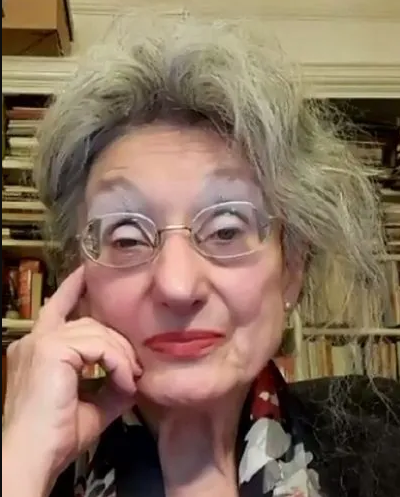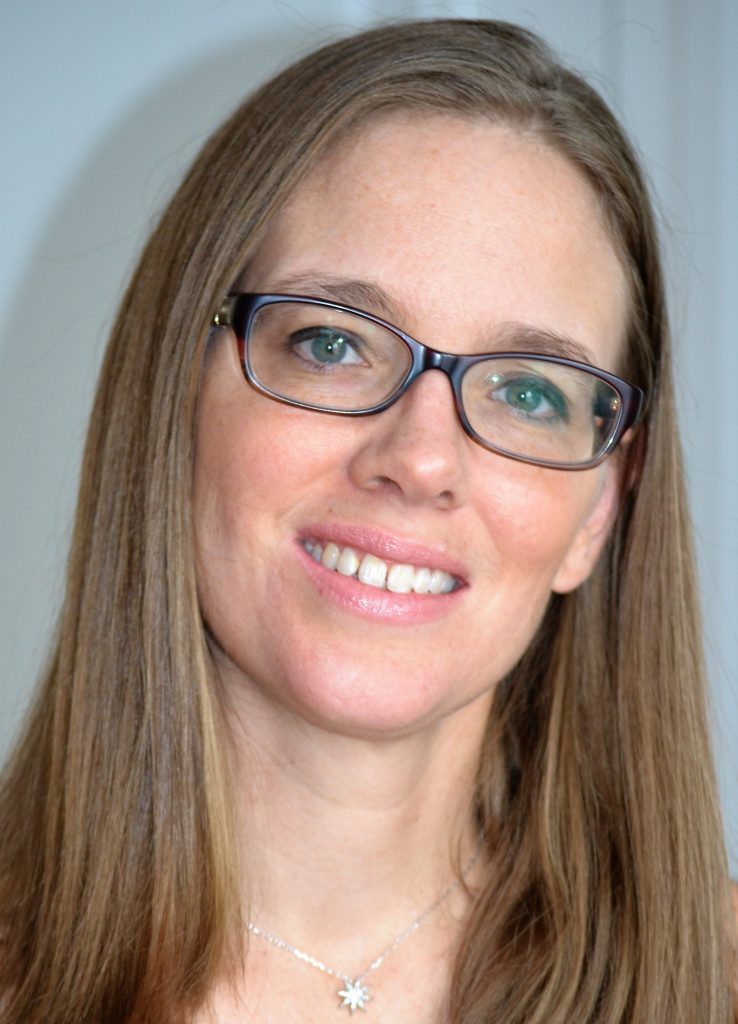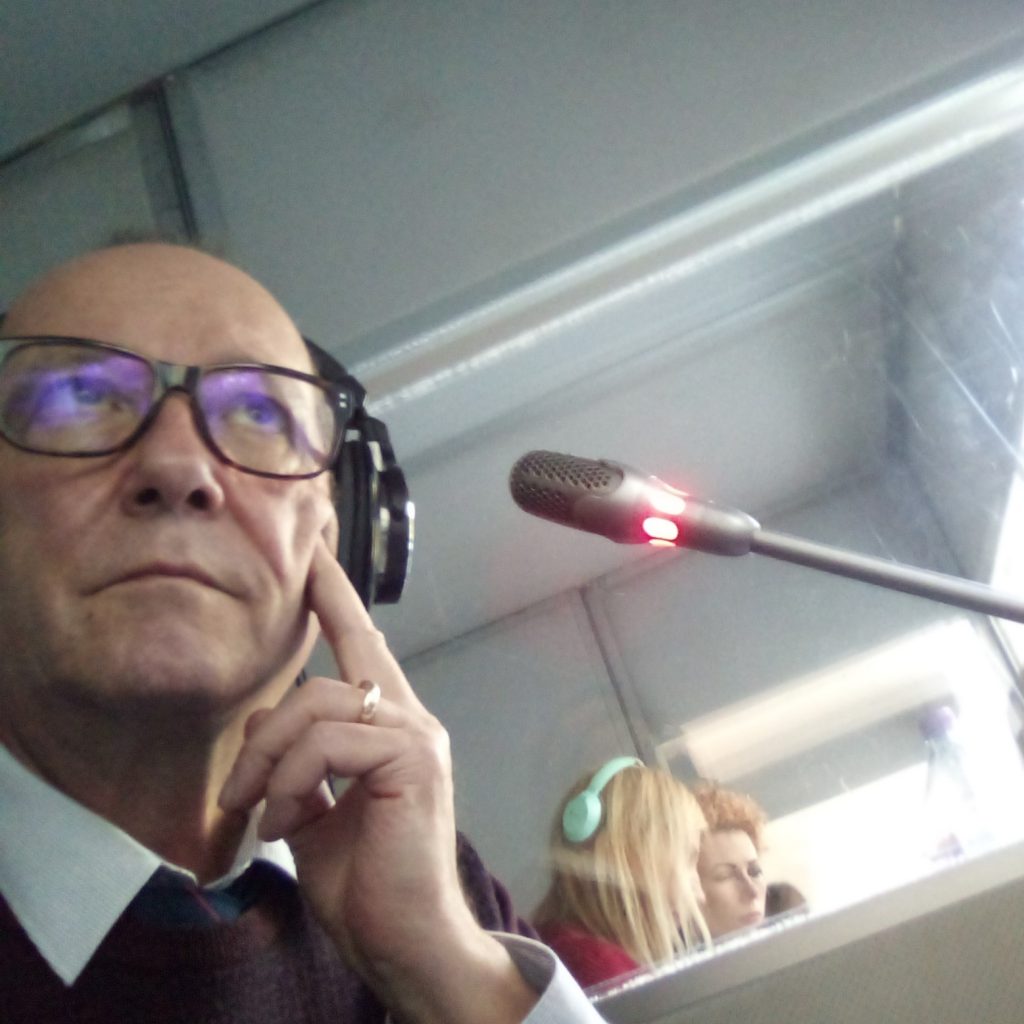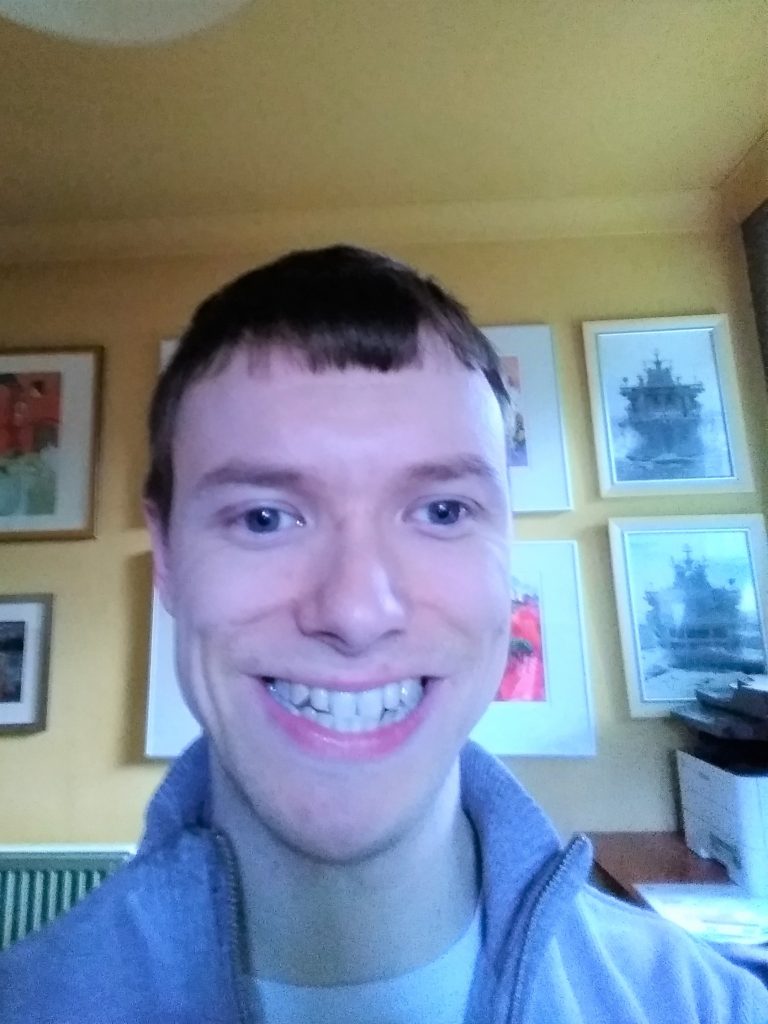
Who are you? Please introduce yourself
I think I always knew that I wanted to be a translator. My father, a physicist, researcher in fuel optimization, and Senior Manager at an integrated steel works, used to receive a multilingual magazine, published by GKN, with articles in English, French and Italian. And we were used to meeting his French, Italian, German and Dutch colleagues, at home. So I was exposed both to languages and to technical communication from an early age. I was lucky to find a course that offered specialised training for technical translators at The Polytechnic, now the University of Westminster. I live in Chiswick, where I was born. But, in between, have lived in Belgium, France, Ghana, Holland, Italy, and in Chester, London, and Sheffield.
Do you translate, interpret, or both? What are your areas of specialism?
I was recruited as a translator by the Foreign & Commonwealth Office, in London, just at the time that the UK was negotiating its way into the EU, then the Common Market. We translated the EU secondary legislation into English and sought advice from the different UK Ministries, industry experts and representative bodies. We then negotiated the texts with our ‘homologues’ -translators at the European Commission in Brussels – and defended them at the ‘jurist-linguist’ meetings. My brief was ‘technical barriers to trade’, i.e. the rules and regulations set by the Council of Ministers which would need to be transposed into UK law. I was then recruited by Euratom’s English Translation Division, which subsequently merged with the EEC Translation Division.
Also, as the first translator at the European Commission, in Brussels, to use the online terminology database, Eurodicautom, my role was to promote the service and teach colleagues how to use the then very clunky acoustic coupler in order to access terms in any of the EU languages.
I translate from French and Italian. In the early days I specialised in iron and steel, nuclear engineering, science policy. In later years, I specialised in information technology, technical documentation, and user manuals.
Why did you decide to get into translation or interpreting?
I thought how wonderful it was that scientists, engineers, and administrators from different countries could share and exchange their knowledge and information. And, as a child of the 60s, I had a strong belief in the good that the United Nations could do, to ensure world peace, love and understanding ?.
What’s your favourite type of project?
I do very little translation these days, primarily on a pro bono basis. But I used to do quite a lot of manuals and also ‘back translation’ of pharmaceutical questionnaires, as well as university transcripts, certificates (birth, death, marriage, degrees). I also worked for Translators without Borders and Médecins sans Frontières, again pro bono.
For me, translation is about communication so I see our role as a conduit that allows the speaker of one language to communicate with the speaker or reader of another language.
But I suppose my main ‘claim to fame’ is the role I played in setting up the ITI, way back in 1986, acting as its first Executive Secretary, setting up a new office and, subsequently, chairing the Conference Committee, the Publications Committee, and the Education & Training Committee. I was also Deputy Editor of ITI News and then PTI (Professional Translator & Interpreter), both predecessors of the ITI Bulletin.
What do you do outside of translation or interpreting?
I have a modest London garden, which had hardly any planting when I took it over 30 years ago and is now full of perennials, wild flowers, shrubs, and some dozen trees. Then there’s Honey, a rescue cat, who has been with me for over 18 years. I try to spend time with my son, about to receive his doctorate at Oxford, and his girlfriend. I’m reasonably active politically, and keep in touch with friends, locally, in the UK and abroad.
Pamela Mayorcas is a French/Italian to English translator specialising in technical texts



